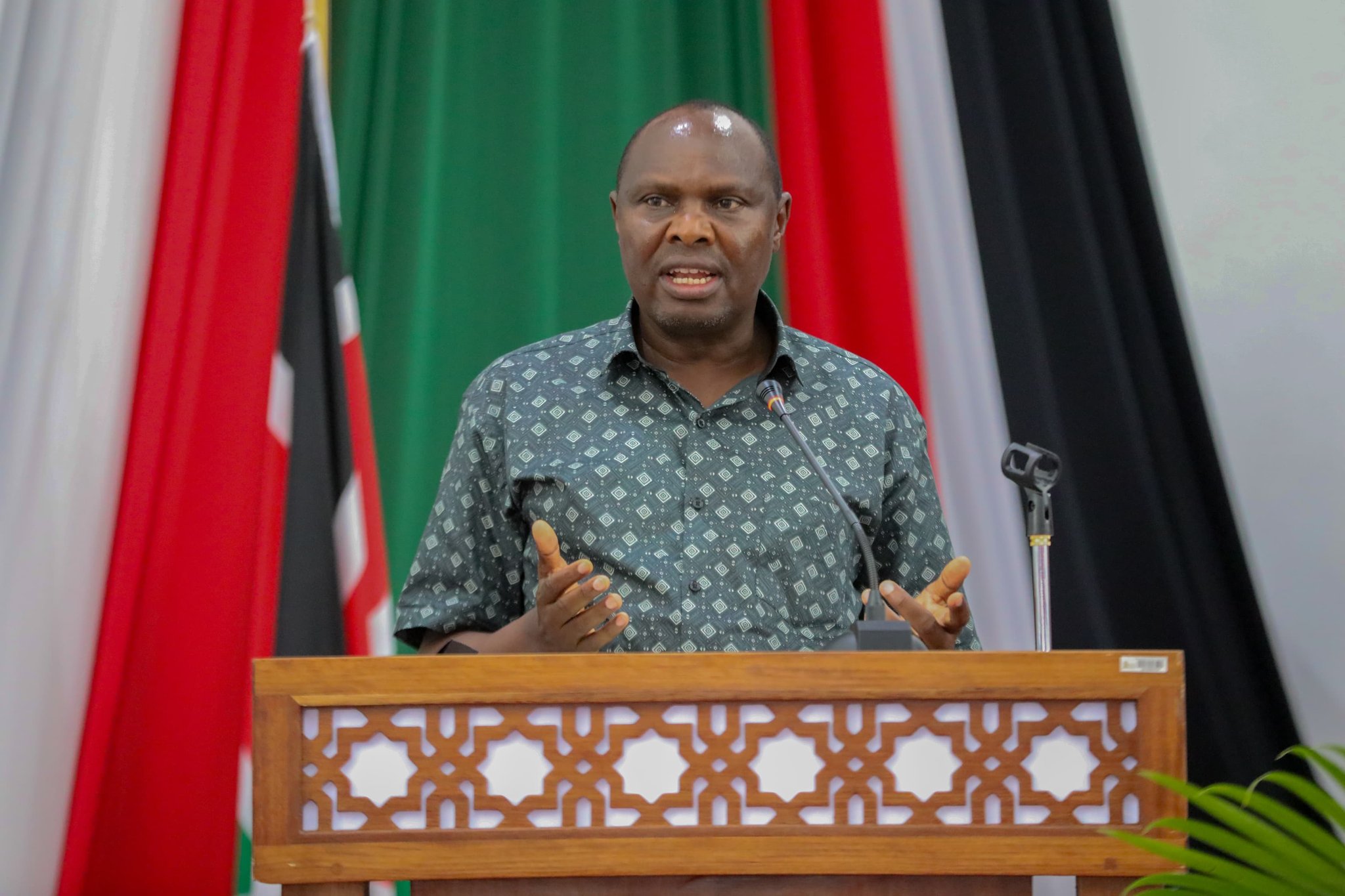CoG Chair Ahmed Abdullahi questions Auditor General’s fairness in county oversight

In her findings, Auditor General Nancy Gathungu criticised counties for poor financial discipline, pointing to excessive spending, misallocation of resources, and inadequate documentation to support the use of public funds.
Council of Governors (CoG) Chairperson Ahmed Abdullahi has questioned the fairness of oversight on county governments, saying the Office of the Auditor General often applies harsher scrutiny on counties than it does on national government institutions.
Speaking on Wednesday, August 6, on Citizen TV’s JKL show, Ahmed said both levels of government have faced accountability issues, but the approach taken by oversight agencies appears to be tilted against devolved units.
More To Read
- Shocking audit reveals weak oversight in Kenya’s Sh2.5 billion donor-funded projects
- Audit exposes confusion over control of Sh5 billion Lamu Port
- Kenya launches first pre-primary school feeding policy for counties
- KNH, Moi Teaching and Referral Hospital among 223 hospitals with Sh11.4 billion uncollected revenue
- 21 public universities at risk of collapse due to Sh42.5 billion debt, Auditor General warns
- 12 public universities cannot account for land, assets worth Sh19.6 billion, audit reveals
“There are various reports of accountability issues across both levels of government. Counties are a bureaucracy just like the national government. The auditor general’s office is important, but we feel there is different treatment for county governments,” said Ahmed.
Ahmed’s remarks followed the release of the Auditor General’s report for the financial year ending June 2024, which flagged more than 20 counties for spending over Sh15 billion on legal fees, travel, and subsistence allowances.
In her findings, Auditor General Nancy Gathungu criticised counties for poor financial discipline, pointing to excessive spending, misallocation of resources, and inadequate documentation to support the use of public funds.
She warned that such practices were slowing down development and affecting the delivery of public services.
“Despite numerous reports indicating a lack of accountability and inadequate documents to support the legality and effectiveness in the use of public resources, failure to apply the requisite sanctions has resulted in some accounting officers not adequately accounting for public resources,” read part of the report.
Nairobi County led in questionable legal expenditure, with Sh6.2 billion owed to four legal firms. Mombasa County was flagged for Sh67.5 million in legal fees, while Nakuru was listed with Sh22.6 million paid to six legal officers.
Kisumu County was cited for Sh46 million in legal spending, Kiambu for Sh517.3 million in court-related matters, and Kilifi for Sh71.6 million paid to six private lawyers.
Others included Tana River, which paid Sh30.7 million to four legal firms, and Mandera, with legal fees amounting to Sh45.5 million.
Gathungu also highlighted Mombasa’s domestic travel and subsistence costs, which stood at Sh17 million.
Out of this, Sh4.1 million was used by the Public Service Board, Sh2.2 million by the departments of education and finance, and Sh10.6 million under the economic planning docket.
Ahmed insisted that counties should not be vilified unfairly, calling for balanced oversight that recognises the challenges they face while also holding all public offices accountable under the same standards.
Top Stories Today















































